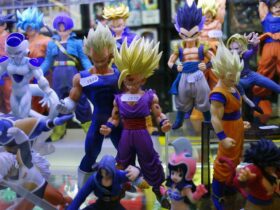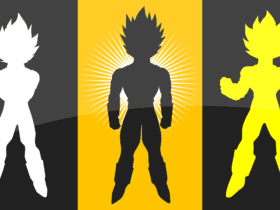NASA’s latest spacecraft, dubbed Lucy, will pass by Earth on its way to the distant Jupiter Trojan asteroids, passing only a few hundred miles away from us.
According to NASA, some fortunate viewers may be able to see Lucy from Earth. Find out more about Lucy and its mission below!
Lucy the Spacecraft: the Beginning of a Cosmic Journey
A spaceship named Lucy will be visible on Sunday (October 16). On its way to the distant Jupiter Trojan asteroids, NASA’s Lucy spacecraft will pass by Earth, just a few hundred miles away from us. Quite impressive, isn’t it?!
According to NASA, Lucy will pass 220 miles over Earth’s surface on Sunday morning. Here’s what Coralie Adam, the team chief for the Lucy deputy navigation team from KinetX Aerospace, explained what would happen if Lucy might encounter any issues:
The Lucy team has prepared two different maneuvers; [if] Lucy is at risk of colliding with a satellite or piece of debris, then – 12 hours before the closest approach to Earth – the spacecraft will execute one of these, altering the time of closest approach by either two or four seconds.
Around 6:55 AM EST, Western Australia will be able to see the asteroid-hopping spacecraft. But after a while, unfortunately, it will disappear from view. However, it should be visible in the western US around 7:26 AM EST if the sky is clear and observers have an excellent pair of binoculars.
And there’s more.
The spacecraft will have to maneuver through a region full of satellites and space junk in order to get that close to us. To avoid running into anything on its trip, NASA is putting in place additional measures. How great is this?!
Lucy’s goals
In October 2021, the 12-year Lucy mission got underway. The mission’s objective is to investigate the Trojan asteroid swarms in Jupiter’s orbit. And if you think that’s hard, there’ll be more than meets the eye!
And if all goes as planned, Lucy will deliver the first detailed pictures of the asteroids. And that would be just brilliant!












Leave a Reply